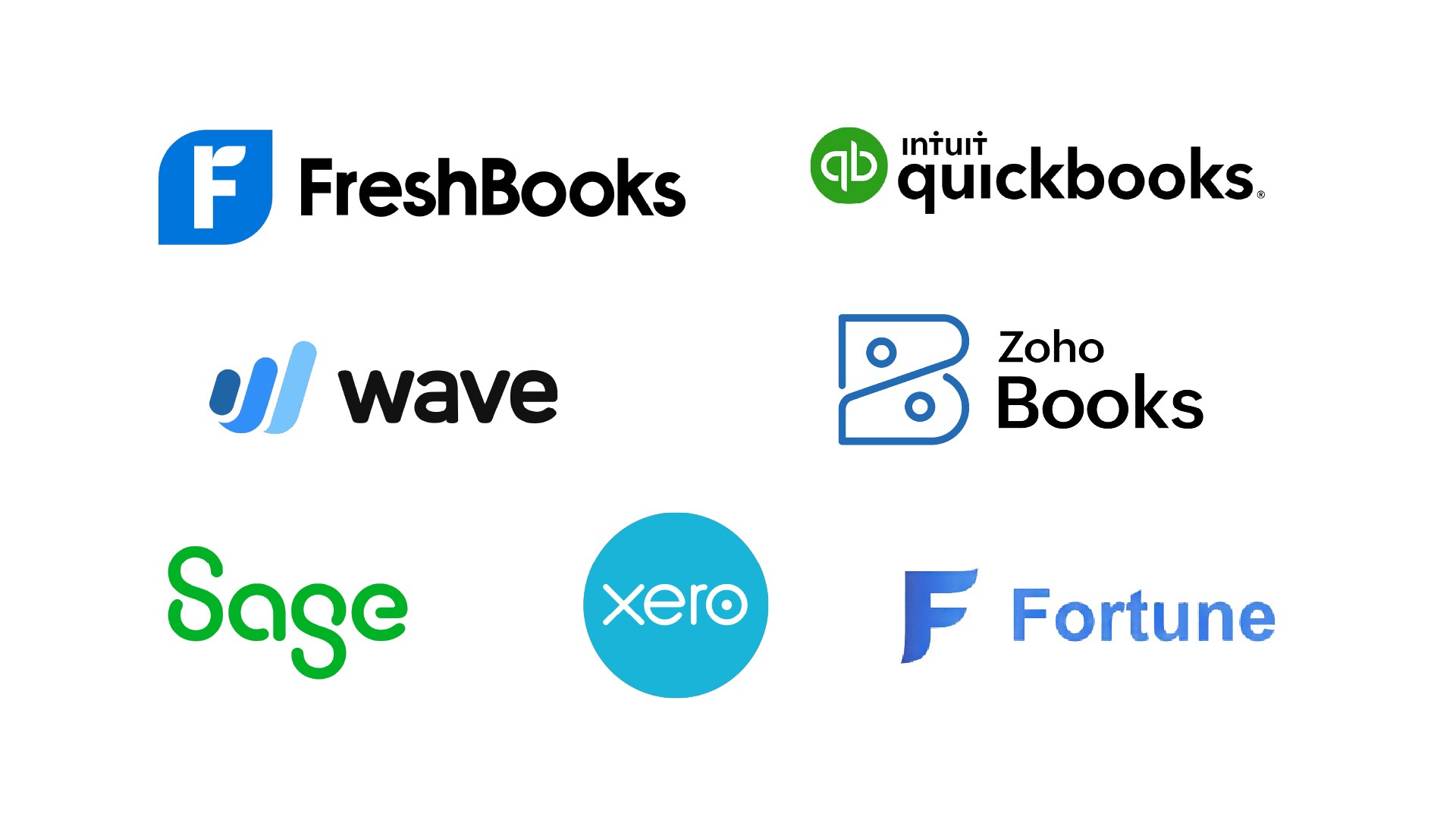
Back to Blog
Share Post:

Accounting
Jan 30, 2024
Forensic Accounting
What is Forensic Accounting? Often described as a specialized field of accounting that explains investigating financial records and actions to unleash fraud and other financial activities, which may appear irregular. This procedure is necessary in legal cases, to rack and uncover potential financial crimes and involves analysis of financial documents.
Forensic accountants are responsible for legal proceedings, providing expertise and testimony on different financial matters. They are knowledgeable regarding accounting, and legal understanding, and possess skills required for investigation. which makes them stand out in different cases of financial disputes, insurance claims and detecting different types of fraud.
A comprehensive overview is provided in this article regarding forensic accounting. Which describes the definition, of working and how it is different from traditional accounting. You will get an idea of the key principles, techniques and use of tools and technologies in this field.
Applications of forensic accounting in areas like financial fraud investigations and litigation support are also discussed in a detailed manner. In the end, you will know the best accounting software for forensic accounting, which is the Fortune app and its features, pros and cons.
What Forensic Accounting Actually Is?
The fusion of detective work and financial expertise makes forensic accounting beyond traditional accounting. Whenever there is a need to investigate and analyze financial practice, this is where forensic accountants step in, which is mostly required where fraud, legal disputes or financial misconduct appear. Their work includes diving deep into financial records by using specialized techniques to solve complex financial puzzles.
They identify past issues and provide key points to ensure such misconduct does not appear in the future in terms of finances. They protect businesses from financial harm which makes them heroes in this corporate world, they also ensure transparency and uphold ethical practices. In a world where financial transactions are very complex and globalized, their skill makes them valuable.
How Does Forensic Accounting Work?
Data Collection and Analysis
Forensic accounting begins with data collection and analysis. This involves gathering detailed financial records and documents. Forensic accountants inspect bank statements, invoices and other financial records to avoid dissimilarities. To uncover any signs of financial mismanagement or fraud to be precise, by using different methods of analysing data.
Evidence Gathering
Evidence gathering is the next step. Evidence includes unusual transactions or alterations in financial documents, which is necessary to support their findings. These can be considered as a key in building a strong case against financial misconduct or fraud.
Forensic Techniques
Forensic accountants employ a range of techniques. Which include tracing funds, asset identification and examination of complex financial transactions. Theta are knowledgeable and have access to specialized software which aids in their analysis, including identification of patterns or fraudulent activities.
Reporting and Legal Action
When their analysis is complete the next step is to compile their finding into detailed reports for better clarity. Compiled reports are used in legal proceedings, and are presented as critical evidence in court cases involving financial disputes and criminal activities. Their role also involves an explanation of their findings so they may be called to testify as expert witnesses.
Preventive Measures
The last step is to focus on preventive measures. Organizations are advised by forensic accountants to avoid fraud and financial mismanagement and how to strengthen their financial processes. They ensure financial integrity by implementing effective internal controls, conducting regular audits and improving financial reporting systems.
Forensic Accounting vs Traditional Accounting.
Forensic accounting and traditional accounting are two distinct fields within the accounting world, each serving unique purposes and requiring different skill sets.
Scope and Focus:
Traditional accounting primarily focuses on recording, classifying, and summarizing financial transactions to provide an accurate picture of a business's financial health. It deals with day-to-day financial operations, and preparing financial statements like balance sheets, income statements, and cash flow statements.
Forensic accounting, on the other hand, is more investigative. It involves examining financial records but with the aim of uncovering fraud, embezzlement, or other financial misdeeds. Forensic accountants are often called upon to dig deeper into financial records, looking for inconsistencies or suspicious activities.
Skills and Techniques:
Traditional accountants are skilled in managing and interpreting financial data as per standard accounting principles. They ensure compliance with regulatory standards and focus on accuracy and consistency in financial reporting.
Forensic accountants combine accounting knowledge with investigative skills. They are trained to think like detectives, employing a sceptical approach to uncover hidden patterns and anomalies in financial data. They use specialized techniques such as data mining, statistical analysis, and forensic technology tools.
Purpose and Usage:
The purpose of traditional accounting is to provide a clear and accurate financial picture of a company to stakeholders, including management, investors, and regulators. It is essential for routine business operations, financial planning, and compliance with legal requirements.
Forensic accounting is typically employed in situations where there is suspicion of financial irregularities. This includes legal cases involving financial disputes, insurance claims, fraud investigations, and business valuations in litigations.
Reporting and Outcomes:
In traditional accounting, the outcome is usually a set of standardized financial statements intended for general business use.
In forensic accounting, the outcome often includes a detailed investigative report and possibly expert testimony in legal proceedings. The reports produced by forensic accountants can have significant legal implications.
Key Principles and Techniques of Forensic Accounting
Forensic accounting combines accounting expertise with investigative prowess to unravel complex financial cases. Here are the key principles and techniques that define this specialized field:
Attention to Detail: Forensic accountants must possess a keen eye for detail. They meticulously examine records, no matter how insignificant they may seem, to ensure that no aspect of the financial data is overlooked.
Analytical Thinking: Analytical thinking is crucial in forensic accounting. Professionals in this field must interpret complex financial data and discern patterns that could indicate fraudulent activities.
Understanding of Legal Standards: Forensic accountants need a solid understanding of legal standards and procedures. They often work in legal contexts, such as during litigation or criminal investigations, where their findings can have significant legal implications.
Use of Technology: Technology plays a vital role in forensic accounting. Forensic accountants use various software tools to analyze large datasets, manage documents, and present their findings. The use of technology enhances their ability to process information efficiently and accurately.
Communication Skills: Effective communication is essential in forensic accounting. These professionals need to explain their findings in a way that is understandable to non-experts, often in high-stakes legal settings.
Ethical Integrity: Forensic accountants must adhere to high ethical standards. Given the sensitive nature of their work, they must maintain confidentiality, demonstrate impartiality, and operate with the utmost integrity.
Tools and Technologies Used in Forensic Accounting
In the world of forensic accounting, a range of specialized tools and technologies are employed to uncover and analyze complex financial data. These tools are essential for forensic accountants to perform their tasks effectively and facilitate deeper analysis.
Data Analysis Software:
Data analysis software is a cornerstone in forensic accounting. It allows for the efficient handling and analysis of large sets of financial data. This software can quickly sift through vast amounts of data to identify patterns and anomalies that might indicate fraudulent activities.
Forensic Accounting Software:
Forensic accounting software is tailored specifically for the needs of financial investigations. It includes capabilities such as advanced transaction analysis, data visualization, and tracking the flow of funds. This software is crucial for identifying discrepancies and building a case in instances of financial misconduct.
Computer Forensics Software:
In the digital age, computer forensics software has become increasingly important. This type of software is used to recover and analyze data from computers and other digital devices. It plays a key role in uncovering electronic evidence, which can be critical in financial investigations.
Digital Forensics Tools:
Digital forensics tools extend beyond traditional computer systems, delving into mobile devices, cloud storage, and online platforms. These tools can uncover a wealth of information from digital communications, online transactions, and electronic records, providing a more comprehensive view of the financial investigation.
Document Imaging and Management Software:
Finally, document imaging and management software is vital for converting paper records into digital formats. This software streamlines the organization and analysis of large volumes of documents, making it easier to find and analyze relevant information.
Together, these tools and technologies empower forensic accountants to conduct thorough investigations, uncover hidden financial information, and provide detailed insights into complex financial scenarios. They are indispensable in the fight against financial fraud and in ensuring the integrity of financial systems.
Best Accounting Software For Forensic Accounting
Fortune App
Overview
The Fortune App emerges as a formidable tool in the forensic accounting landscape. Tailored for the intricate needs of forensic analysis, this software stands out for its advanced features and user-friendly interface, making it a top choice for professionals in this field.
Features and Functionalities of Accounting Software
The Fortune App is equipped with a range of functionalities specifically designed for forensic accounting:
Advanced Data Analysis: It offers robust data analysis tools essential for detailed financial investigation.
Fraud Detection: The software includes sophisticated algorithms to detect and flag potential fraudulent activities.
Customizable Reports: Users can generate detailed and customizable reports suited for forensic analysis.
Secure Data Handling: Ensures the confidentiality and integrity of sensitive financial data.
Pros of Fortune App
User-Friendly Interface: Designed for ease of use, making complex forensic tasks more manageable.
Comprehensive Toolset: Provides a wide range of features necessary for thorough financial investigations.
High Accuracy: Delivers precise and reliable results, crucial in forensic accounting.
Time-Efficient: Streamlines the forensic accounting process, saving valuable time in investigations.
Cons Of Fortune App
Learning Curve: New users may require time to fully utilize all its advanced features.
Cost Factor: The advanced functionalities may come at a higher price point compared to basic accounting software.
Bottom Line
Forensic accounting, blending investigative skills with financial expertise, is crucial in detecting financial fraud and resolving disputes. Unlike traditional accounting, it involves deep analysis of financial records, supported by specialized tools and techniques.
Key software like the Fortune App, with its user-friendly interface and advanced functionalities for data analysis and fraud detection, exemplifies the evolution in this field. While invaluable for its precision and efficiency, users may need time to adapt to its advanced features. Overall, forensic accounting plays an indispensable role in ensuring financial integrity and legal compliance in today's complex financial landscape.
FAQs
What is forensic accounting used for?
Forensic accounting is used for investigating financial records to detect fraud, embezzlement, and other financial irregularities. It's essential in legal cases and financial dispute resolutions. Tools like the Fortune App aid forensic accountants by providing advanced data analysis and fraud detection capabilities.
What is the duty of forensic accounting?
The primary duty of forensic accounting is to analyze financial data to uncover and prevent fraudulent activities. Forensic accountants also provide expert testimony in court and advise on financial risk management, using tools such as the Fortune App for in-depth analysis and reporting.
What is forensic accounting ACCA?
Forensic accounting ACCA refers to the specialization within the Association of Chartered Certified Accountants focused on forensic accounting. It involves training in detecting, investigating, and preventing financial crimes, a field where software like the Fortune App plays a crucial role in data analysis and fraud detection.
What are the three main areas of forensic accounting?
The three main areas of forensic accounting are:
Fraud Detection: Identifying and investigating fraudulent financial activities.
Litigation Support: Providing expertise in legal cases involving financial disputes.
Risk Management: Advising organizations on managing and mitigating financial risks. Here, tools like the Fortune App are particularly useful for their analytical features and ability to track financial anomalies.
Share Post:




